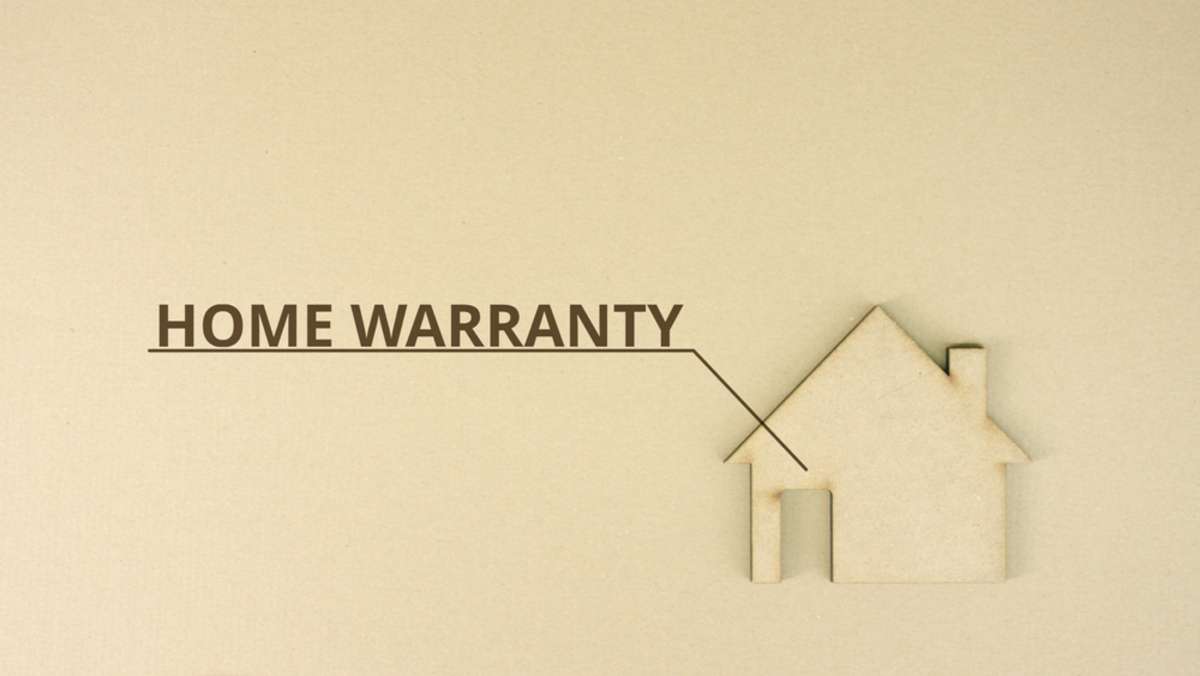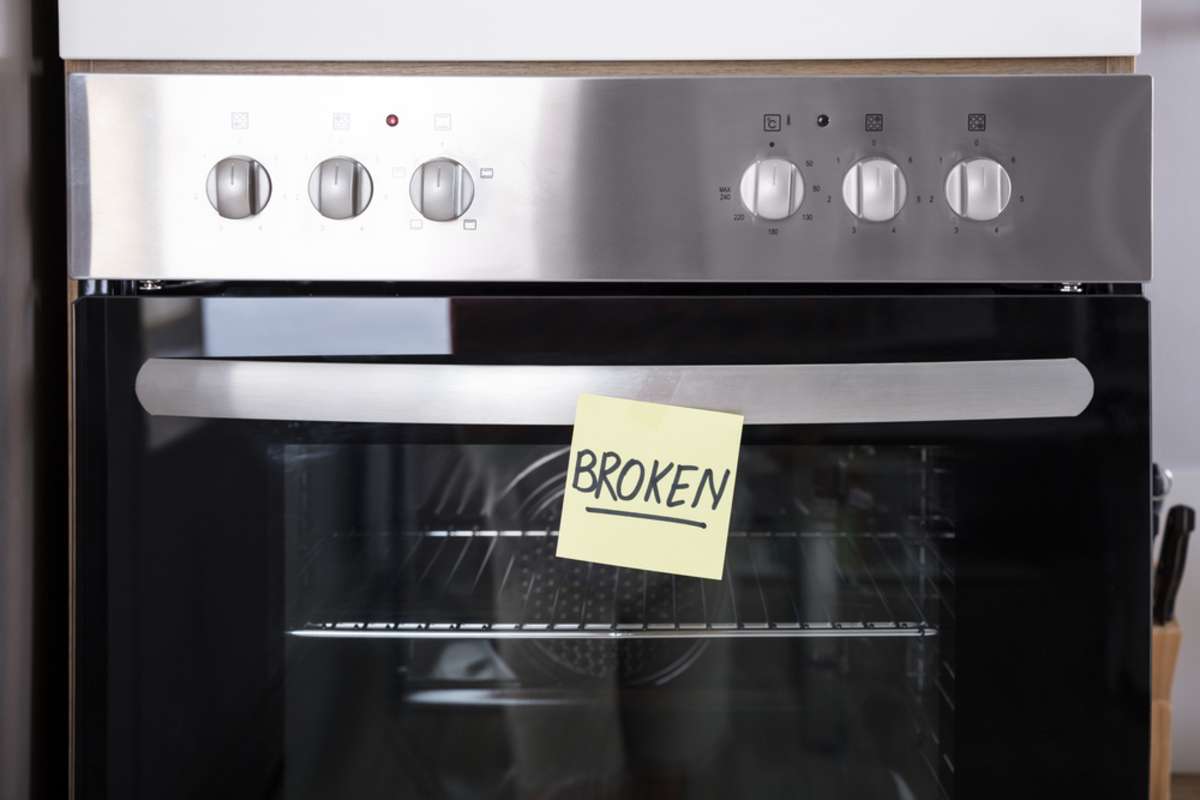When purchasing a home, it's important to understand what comes with it. Some buyers may not always think about a home warranty and the current status of warranties for any appliances or other aspects of the house. This is an essential consideration if anything needs repairs, and it isn't covered under original warranties.
Should you purchase a home warranty after buying a new house? Are warranties worth it? What does your real estate agent recommend? Whether or not you purchase one depends on your budget, preference, and risk tolerance. Texas United Mortgage group experts have insights for first-time (or repeat) homebuyers!
What is a Home Warranty?
A home warranty might be worth it if it covers large, expensive issues that can be costly to repair or replace out of pocket. In addition, these coverage plans can deliver peace of mind that as a new homeowner, you won't have to find and vet a contractor or repair service if something goes wrong after closing on a home.

Home warranties can be beneficial for repairing costly issues like:
- Leaks in the roof or windows
- Problems with the pool
- A faulty HVAC system
- Broken appliances, like washers, dryers, or the dishwasher
- Electrical or plumbing issues
With warranty coverage, first-time homeowners often pay only a service fee for repairs instead of footing a significant bill that often comes when these systems or appliances break down. However, while this sounds like an easy decision to make due to the potential cost savings alone, buying a home warranty isn't always the best way to care for your home or save money.
Are Home Warranties Worth It?
It's true that home warranties can help with some repairs. However, they aren't the best option in every case—and there's a good chance they won't suit your needs or home buying budget in the long run.
New homeowners must consider that even though home warranty plans come with additional coverage, not every part of the house is protected under these systems. For example, most plans do not always cover roofing and pool repair costs. In addition, if an appliance or the roof is already covered by a warranty from the installers or manufacturer, your home warranty won't apply.
It's important to read through your contract carefully or talk with a contract specialist before signing on any dotted lines. When investing in a home warranty plan, you'll need to know which parts will be covered so that you don't end up paying out-of-pocket for significant work.
Beware of Exclusions
It's also important to note that certain repairs may be specifically excluded from coverage. When your home warranty insurer denies a claim, a homeowner must foot the bill for any and all non-covered work. Furthermore, even if something is covered under your policy, there's no guarantee that it won't cost extra fees before the repair can happen. This means that homeowners will have to pay upfront for parts and labor, then wait for reimbursement—and these reimbursements can take months, depending on the company!
Beware of Hidden Costs and Conditions
While warranties might look good on paper for protecting homeowners, they often come with additional costs or limitations. For example:
- Service fees. Whenever a repair is necessary, homeowners could face service fees ranging from $50-$150 (or more), depending on the problem and the plan. This can add up fast, especially for common issues that might come up frequently.
- Pre-approval process. In many cases, you must get pre-approval from your warranty provider before work begins. Unfortunately, this means that contractors won't start on the job until you have proof of insurance in hand—and this can take days or weeks, depending on how long it takes to get an answer back from the company.
- Limited repairs. Many home warranties don't cover specific plumbing or electrical problems—especially for problems that existed before purchasing the warranty. So, homeowners could be out of luck if these are necessary services after a covered issue occurs. Plus, some companies will only pay for small repairs under their plans, which means that homeowners could still end up with hefty bills if more extensive work is required.
In some cases, relying on a home warranty company doesn't save money on repairs or offer significant financial protection. In addition, homeowners often experience low-quality repairs (and ongoing repairs) since they must use warranty-approved contractors and repair services instead of a preferred vendor.

For many homebuyers, the best way to care for your new home and save money is through a comprehensive homeowners insurance plan that covers all bases—not just one or two things. While not all home warranties are a bad idea, a Texas United Mortgage loan officer recommends doing plenty of research before purchasing one.
Budget for Warranties and Partner the Best Mortgage Companies Texas Offers!
If you plan to purchase a home warranty for your new home, be sure to budget for it! Do plenty of research on the best companies and coverage plans, much like it's important to research and choose the best mortgage lender! Texas United Mortgage group is an equal housing lender that loves helping first-time homebuyers find the best financing options for a home loan. When you're ready to qualify for an FHA loan, VA loan, or the right conventional loans, reach out to our experts for help during the mortgage process!
Budgeting for a new house is easier with our free resource, "The Definitive Home Buying Cost Worksheet!"

Comments